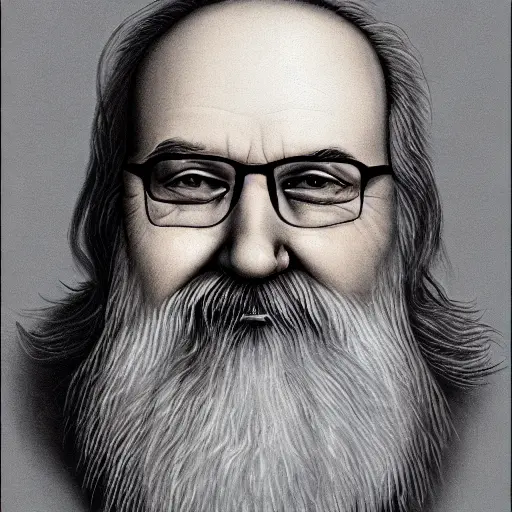A step in the right direction. Unfortunately, the method itself is not currently sustainable as jet engines are not adapted to run on such fuel all the time as well as the fuel supply is limited.
geez, they do a lot of number juggling around this “sustainable air fuel”, and I’m really very suspicious that when I look into it, all the sources are from places like british patrolium
The best I can get is that they are processing oil/crops into fuel - that’s where the “sustainable” part comes from, because they can make more of it instead of digging it up out of the ground. They also have a lot of funny maths around the amount of carbon reduction, sometimes it’s 40%, sometimes 60%, sometimes 80%.
The carbon ‘reduction’ seems to be not actually real, they are just finding ways of hiding the carbons - or using something that doesn’t work at scale and using those numbers.
Ultimately, this is a ploy to keep planes flying and generating profit, hiding the environmental impacts so they can tell the governments that mandated action, that things are getting better.
“If you torture the data long enough, it will confess to anything.” - Nobel Prize-winning economist Ronald Coase
Never trust statistics you haven’t made up yourself.
And even those assume you’re not trying to lie to yourself
Then there’s hope for me!
Sir, are you trying to liquefy yourself into jet fuel?
Wow i didn’t know your mom could fly!
🤖 I’m a bot that provides automatic summaries for articles:
Click here to see the summary
“It’s a really important flight to highlight the progress that’s being made, the need for more SAF and the critical role they can play in decarbonizing aviation,” he said.
Sustainable aviation fuels are a broad category that includes biofuels made from raw materials such as corn, animal fat, algae, municipal trash and sewage.
To do that, the industry will have to develop new technologies that will allow planes to run on electric batteries, liquid hydrogen or some other as-yet-unproven fuel source.
To operate the flight powered only by SAF, Virgin Atlantic mixed a fat-based biofuel with a bit of plant-based “synthetic aromatic kerosene,” a form of sustainable aviation fuel made from plant sugars that has the aromatic compounds needed to keep a jet engine running smoothly.
Chen says it suffers from a chicken-and-egg problem: Airlines don’t want to buy SAF because it can be several times more expensive than standard aviation fuel.
Meanwhile, the World Economic Forum has led an industry push to create carbon credits based on SAF sales.
Saved 80% of original text.
American plane


